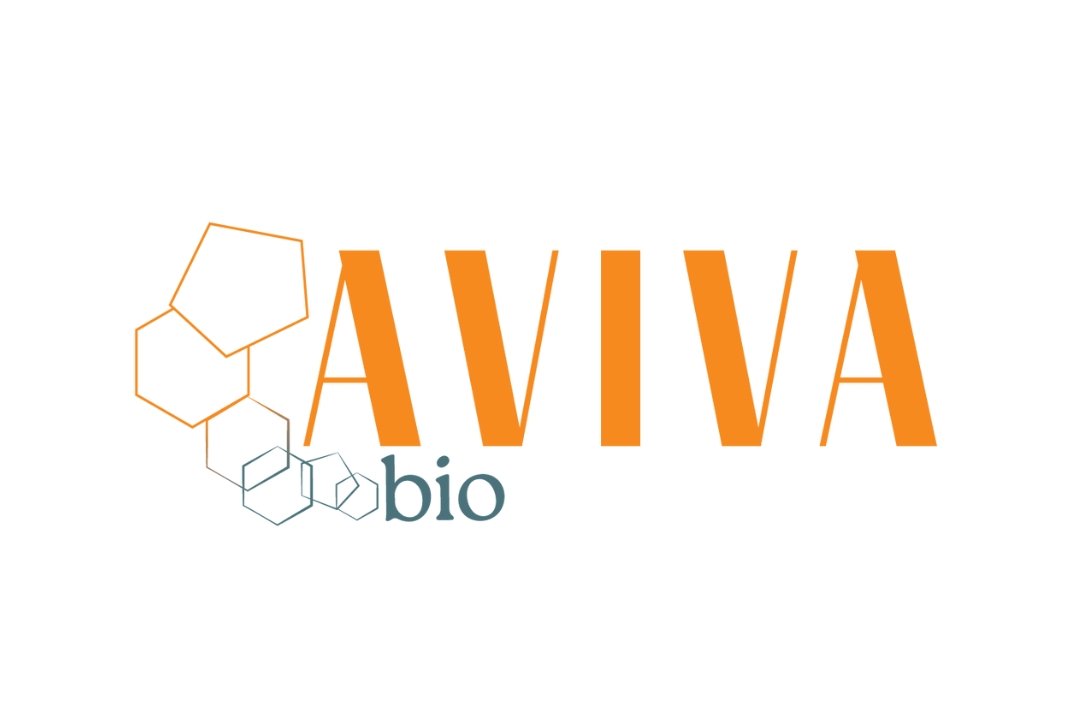Mirvie has revealed the findings of a study that contributes to our understanding of the biology of preeclampsia and other hypertensive diseases of pregnancy (HDP) and was published in Nature Communications. Data from over 9,000 pregnancies in the multi-center Miracle of Life prospective trial, sponsored by Mirvie, were used in the study. Months before symptoms appear, the study identified and confirmed RNA signatures that can differentiate between severe and mild hypertensive diseases of pregnancy. The study also confirms that Mirvie’s blood test can accurately identify preeclampsia in pregnancies without pre-existing high-risk disorders at an early gestational age of 17.5 to 22 weeks.
“By the time a patient is symptomatic, it’s a race against the clock to try to get the baby to term and not risk the mother’s health,” said Dr. Kara Rood, a maternal-fetal medicine physician, one of the principal investigators of the study, and Clinical Associate Professor of Obstetrics and Gynecology at The Ohio State University Wexner Medical Center. “Current guidelines are not helping us identify which patients are truly at high risk and we need better tools. Mirvie’s preeclampsia risk prediction test can now improve risk assessment, helping women and their care teams be informed and take actions with the potential to delay onset or prevent the disease.”
Preeclampsia rates have almost doubled over the past ten years and currently impact one in twelve pregnancies, despite recent recommendations from the American College of Obstetrics and Gynaecology and the U.S. Preventive Services Taskforce. In order to help pregnant women and their healthcare providers concentrate on the 1 in 4 pregnancies that are actually at high risk, Mirvie’s blood test uses RNA signatures. According to the validation data, the blood test can predict preterm preeclampsia in 91% of pregnancies in women over 35 who do not have any pre-existing high-risk diseases, months before symptoms appear. Preterm preeclampsia is 99.7% unlikely to develop in those with a low-risk outcome. Soon, the clinically verified blood test will be offered under the EncompassTM brand.
“Over the last 100 years, we have relied on a reactive care model in pregnancy. This study represents a profound opportunity to move toward a proactive care model,” said Dr. Thomas McElrath, vice president of clinical development at Mirvie and a maternal-fetal medicine physician at Brigham and Women’s Hospital in Boston, MA. “Importantly, these results demonstrate for the first time the unique molecular signatures that distinguish between severe and mild hypertensive disorders of pregnancy, giving us confidence in a much more precise and personalized approach for at-risk pregnancies.”
“We are thrilled with the results from our investments in this critical research and collaboration with more than a dozen internationally renowned experts in maternal-fetal medicine,” added Maneesh Jain, co-founder and CEO of Mirvie. “Much like the discovery of molecular subtypes of breast cancer led to improved outcomes, the discovery of molecular subtypes in HDP offers a bright future for personalizing pregnancy care and addressing the rising rates of births with complications.”
According to the business, even among high-risk patients, less than 50% of pregnant women follow proven therapies for pregnancies at high risk of preeclampsia, such as taking aspirin every day. Pregnant patients and care teams can take action months before symptoms appear and establish an evidence-based preventative care plan if a blood test is available early in the second trimester.










